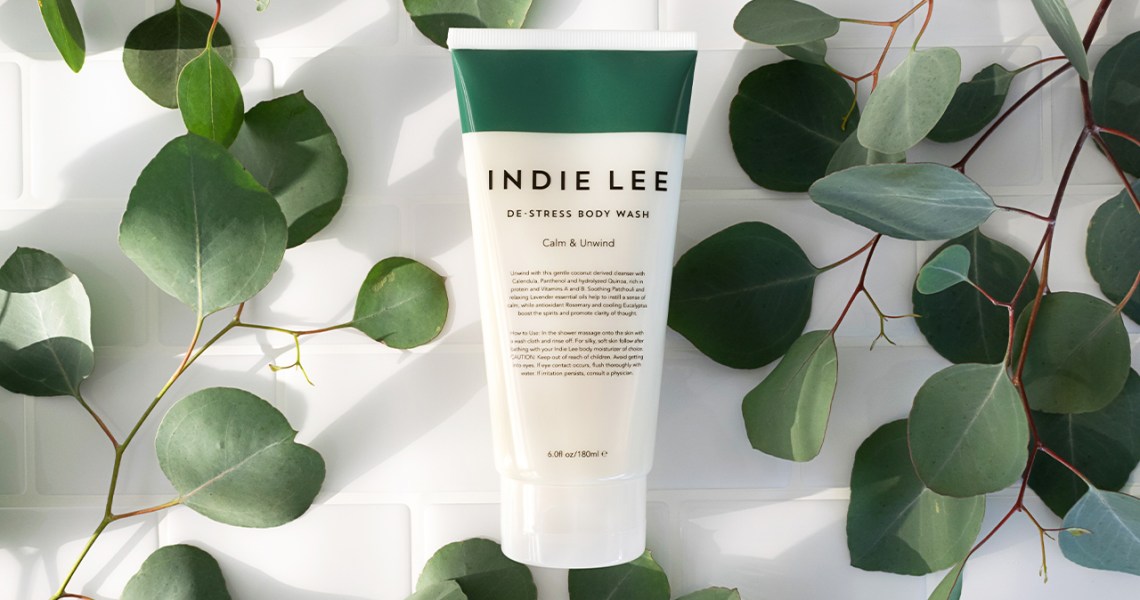In the wake of the coronavirus pandemic, beauty brands — independent companies, in particular — are scrapping makeup and skin-care tutorials and leaning into tips on meditation and anxiety reduction.
The consumption of mental wellness and self-care content has gone through the roof as consumers are stuck at home and reading increasingly grim news about the coronavirus crisis and plummeting economy. Brands in the beauty and wellness space, like Goop, Wander Beauty and Indie Lee, are adjusting to this demand, but it has still been challenging to create a content strategy that appeals to everyone.
“It’s sort of all-over-the-place, in terms of what people are requesting and where they’re at [in terms of content],” said Elise Loehnen, chief content officer at Goop. “Some people want more coronavirus content. Others say, ‘I don’t want to hear anything about the c-word and just want to be distracted.’”
Goop readers especially are flocking to the site’s content on mental wellness: A previously published article called “8 Ways to Reduce Anxiety” saw a 734% increase in pageviews over the last week, compared to the prior four-week average, according to the company. The site’s work and wellness content category has seen a 23% increase in pageviews, while search inquiries related to meditation and online workouts are driving traffic to the site.

In response to the coronavirus crisis, Goop created a nightly Instagram series called “Community Office Hours,” in which experts answer questions on topics requested by its audience on Instagram Stories. The No. 1 most-requested topic for the first session on Tuesday was, perhaps unsurprisingly, anxiety.
“Everyone wants help with their anxiety because we are living in a time of extreme uncertainty on every single level. It’s the strangest experience, I’m sure, of our lifetime,” said Loehnen.
Wander Beauty co-founder and CEO Divya Gugnani agreed. “This is a very challenging, difficult time; people are ridden with anxiety, stress and uncertainty,” she said. “Traditionally people looked to us for education on skin care and tips and tutorials on beauty.”
Now, Wander Beauty has leaned into “lifestyle-focused content,” as “people are honing in on work-from-home tips” and what to do to “pass the time,” she said.
“As soon as we realized the gravity of the situation, we pivoted our marketing calendar and our social calendar, and immediately put in place new content,” said Wander Beauty’s co-founder and creative director, Lindsay Ellingson.
Content posted to the brand’s Instagram Stories has included a survey to ask users how they are doing, user-generated tips on staying calm and working from home, and a livestreamed workout class in partnership with P.volve.

Mental wellness had already been a growing trend in beauty ahead of the coronavirus pandemic, evolving from promotion of #selfcare to looking at other forms of psychological well-being. In February, Selena Gomez announced the launch of her mental wellness-themed beauty brand Rare Beauty, whose “mission is to shape conversations around beauty, self-acceptance and mental health,” according to its inaugural Instagram post. That same post stated the brand wants to “help people get more access to support and services.”
However, it is difficult for some companies to pivot slowly to content versus content and commerce. Jodi Katz, the founder and creative director of Base Beauty Creative Agency, said that brands need to “avoid being gimmicky or jumping on a bandwagon” when offering wellness content. “It needs to be authentic. If that’s not who your brand is, it’s going to come off in a really uncomfortable way,” she said.
That makes mental wellness content more suited to brands which had already included it as core part of their brand messaging prior to the current pandemic. Indie Lee, for example, started a video series called “Mindful Mondays” on her eponymous clean beauty brand’s Instagram account in November 2019. She is now using this platform to discuss mindfulness during uncertainity.

Lee discussed how people can handle the coronavirus quarantine in an IG Live talk last Monday. “I really had stayed away from it because it was such a triggering conversation,” she said.
The livestream included interviews with guests in the beauty and wellness community, like clean makeup artist Kristen Arnett, as well as a guest showing a self-care routine using the brand’s products. The first installment saw 5,000 views.
According to Katz, including content about commerce during this time “makes sense if it’s service to the consumer,” such as notifying users of e-commerce options when stores are closed or offering free shipping.
Lee said that, for her brand, the priority “is not about selling products right now. This is about us as a community coming together.” People are still buying products, however, said Lee, who explained the company hadn’t noticed a dramatic change in e-commerce sales yet.
As consumers holed up in their apartment anxiously search for ways to cope sans product, the embrace of mental wellness could become commonplace, as a result.
“It’s very possible that we’re all going to emerge from this and everyone will have started to meditate in this country,” said Loehnen.




